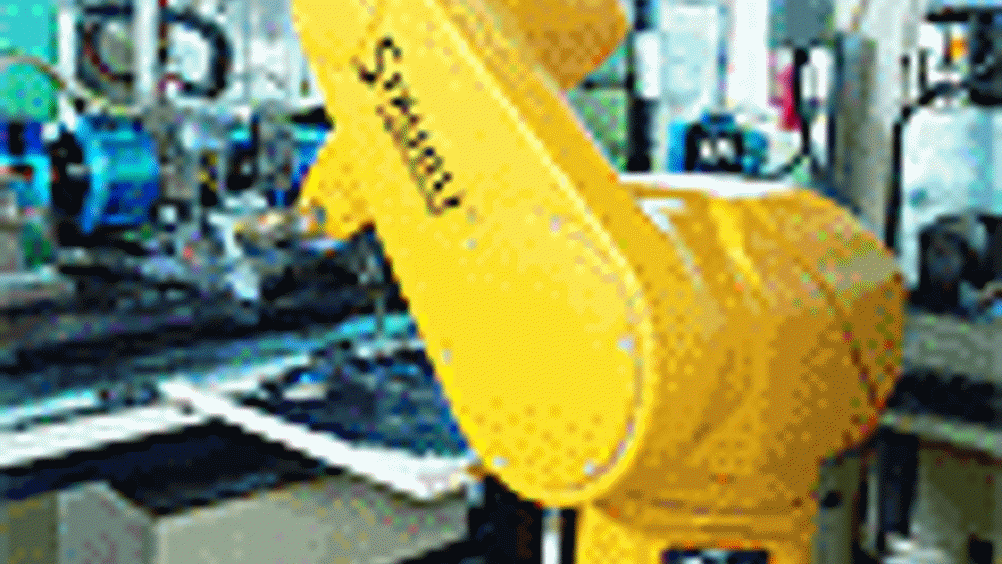Robots map their environment
University of Queensland scientists have been awarded a $3.3 million grant to build a new generation of robots that can learn about their physical spaces based on animal navigation skills.

(UQ) scientists have been awarded a $3.3 million grant to build a new generation of robots that can learn about their physical spaces based on animal navigation skills.
The UQ led team received one of three Thinking Systems grants announced by the Australian government on Monday. The team will study the navigation skills of bees, rodents and humans as a way of understanding the function of the hippocampus, the part of the brain that controls navigation.
"One thing that makes us special as humans is that we might be using this part of the brain not just to map physical space, which we do very effectively, but also to map the space of ideas," team leader and UQ cognitive scientist Professor Janet Wiles said.
Wiles said the results would then be transferred into computer models to map ideas.
"Suppose you want Hansard records. You've got gigabytes of information and what you want is a summary of who spoke on which issue in a particular debate. You can either spend three months reading the document or you can create a map of who spoke and the relationships between it."
Register now to continue reading
Thanks for visiting The Engineer. You’ve now reached your monthly limit of news stories. Register for free to unlock unlimited access to all of our news coverage, as well as premium content including opinion, in-depth features and special reports.
Benefits of registering
-
In-depth insights and coverage of key emerging trends
-
Unrestricted access to special reports throughout the year
-
Daily technology news delivered straight to your inbox










Water Sector Talent Exodus Could Cripple The Sector
Maybe if things are essential for the running of a country and we want to pay a fair price we should be running these utilities on a not for profit...